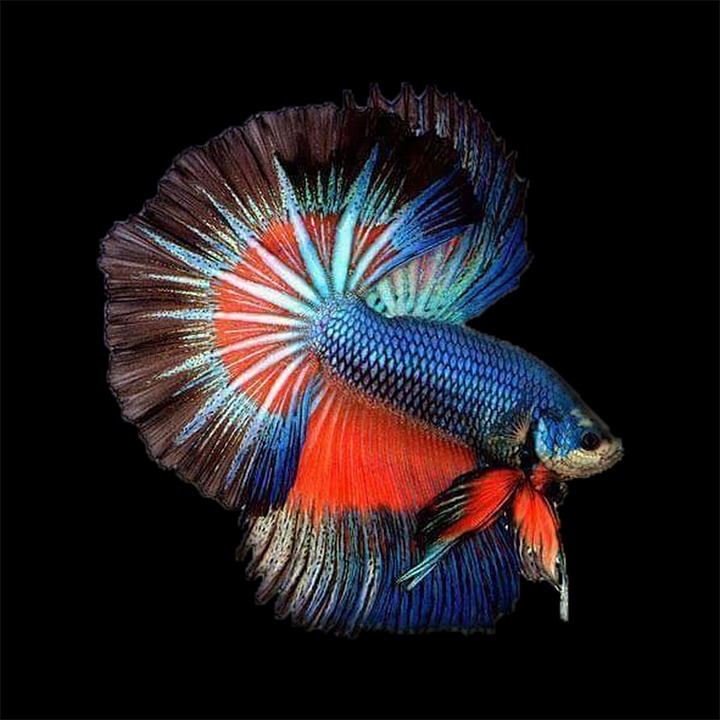Maintaining the health of your fish tank inhabitants is crucial for their overall well-being. While external parasites are often visible and easily dealt with, internal parasites can go unnoticed, causing serious harm to your fish. In this article, we will explore the significance of assessing and managing internal parasites in fish tank feeding, and offer valuable insights on how to keep your aquatic friends healthy.
Internal parasites in fish can cause a range of health issues, including poor appetite, weight loss, abnormal behavior, and a bloated appearance. These parasites can affect various organs, such as the intestines, liver, and gills, leading to severe damage and even death if left untreated. Understanding the nature of internal parasites and being able to identify the signs and symptoms of infestation is crucial for early intervention and effective treatment.
Assessing internal parasites in fish tank feeding involves regular fish health checks and fecal examinations. Fecal examinations can help detect the presence of parasites and provide valuable information for accurate diagnosis and treatment. Microscopes and laboratory tests are often utilized to identify specific types of parasites, allowing for targeted treatment and prevention strategies.
Common types of internal parasites found in fish tanks include nematodes, trematodes, and cestodes. These parasites can be introduced to your tank through new fish or contaminated water sources. Implementing quarantine protocols for new fish can help prevent the introduction of parasites into your tank. Proper water quality and hygiene maintenance is also crucial in minimizing the risk of parasite infestation. Regular water changes, filtration system maintenance, and proper tank cleaning procedures can all contribute to a healthy and parasite-free environment.
Adjusting the fish diet to enhance their immune system is another important strategy for managing internal parasites. Providing a balanced and nutritious diet can help strengthen fish immune systems, making them less susceptible to parasite infestation. Additionally, certain medications can be used to treat internal parasites, but it is important to consult a fish health professional for proper diagnosis and treatment recommendations.
In addition to conventional treatments, there are also natural remedies and preventive measures that can aid in internal parasite control. Garlic, pumpkin seeds, and certain herbal additives have been found to boost fish immune systems and provide some level of parasite control. However, it is important to consult a fish health professional before implementing any natural remedies to ensure their safety and effectiveness.
To address common questions regarding internal parasites in fish tanks, here are some FAQs:
1. How can I identify if my fish have internal parasites?
– Look for signs such as loss of appetite, weight loss, abnormal behavior, and a bloated appearance. Conduct regular fecal examinations to detect the presence of parasites.
2. Can I prevent internal parasites from infecting my fish tank?
– Yes, maintaining a clean and well-maintained tank, along with proper quarantine procedures, can significantly reduce the risk of parasite introduction.
3. Are there any natural remedies for treating internal parasites?
– Yes, some natural remedies like garlic, pumpkin seeds, or certain herbal additives can help boost fish immune systems and aid in parasite control. However, consult a fish health professional before implementing any natural remedies.
4. How often should I conduct fecal examinations for my fish?
– It is recommended to perform fecal examinations at least once every three to six months, or whenever you notice any signs of illness.
5. Can internal parasites be transmitted to humans?
– While some fish parasites may pose a risk to humans, the chances of transmission are generally low. However, always practice good hygiene and avoid direct contact with fish or their feces.
In conclusion, understanding the importance of assessing internal parasites in fish tank feeding is crucial for maintaining the health and well-being of your aquatic pets. By regularly monitoring their health, implementing preventive measures, and seeking professional advice when needed, you can ensure a thriving and disease-free fish tank environment. Remember, a healthy fish is a happy fish!









